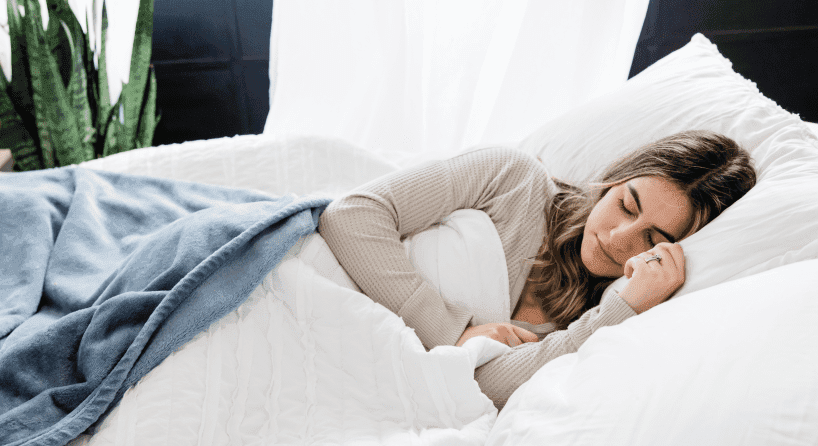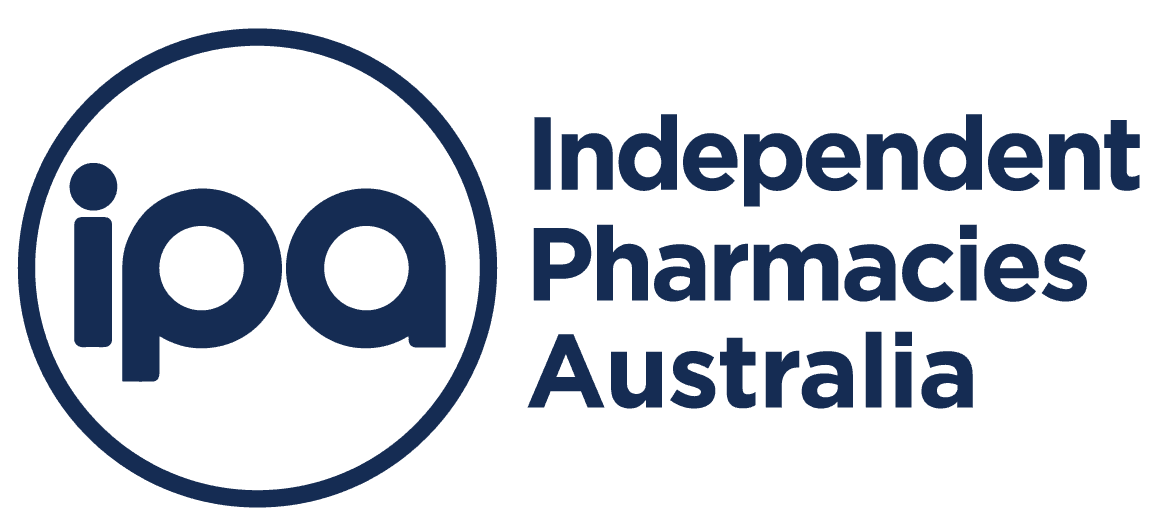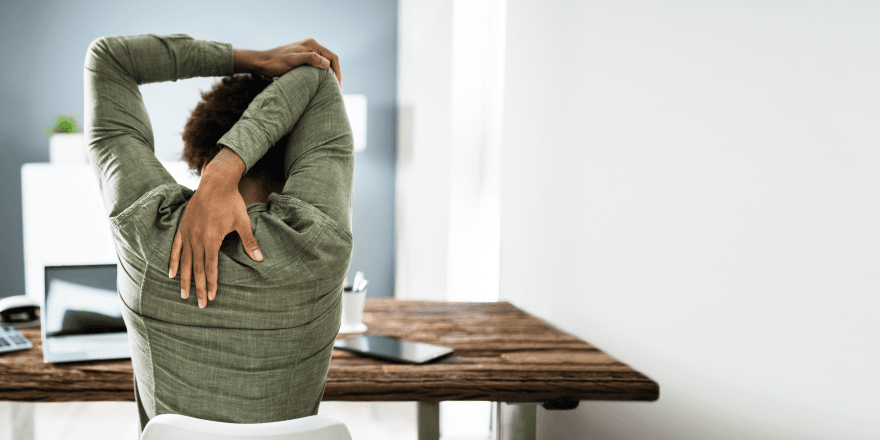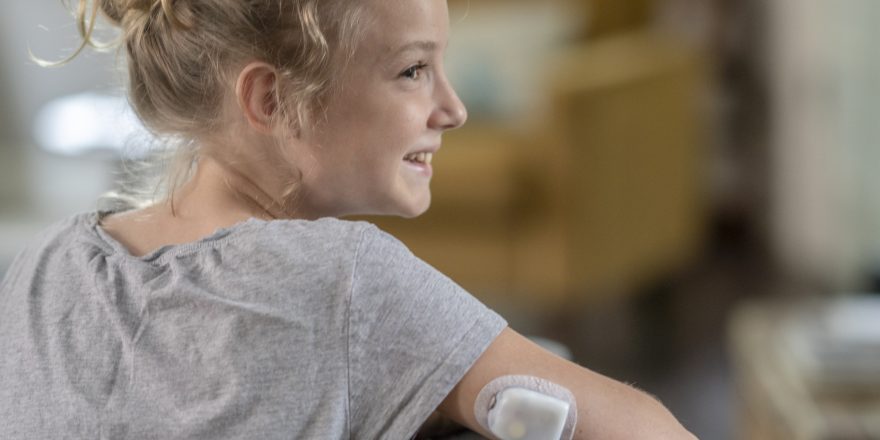
Your Questions Answered About Sleep
Sleep is a hot topic for many people these days. With our busy lives and endless to-do lists, it’s no wonder so many of us struggle with getting a good night’s rest. Let’s address some of the most commonly asked questions and give you some answers:
Q: Is it really so important to get enough sleep?
Sleep is essential for your overall health and wellbeing. That’s because, when you sleep, your body goes into repair mode, healing tissues, consolidating memories, and regulating emotions, mood, and overall mental wellbeing. It also helps with cognitive functions like problem-solving, learning, and creativity. 1 2 3 4 Not getting enough sleep can affect your mood, immune system, and even your weight. 1 2 4
You could think of sleep as your body’s nightly reset button. If you don’t get enough, your body can’t complete its repair function, and your health will suffer over time. So, try to get enough shut-eye.
Q: How many hours of sleep do I really need?
How much sleep we need can vary depending on our age, lifestyle, and individual health factors, but the magic number for most adults is between seven to nine hours per night.2 3 Some people might feel great with six hours, while others need at least a full nine to function at their best. The wise option is to listen to your body and pay attention to how you feel during the day. If you’re often feeling tired, you might need to adjust your sleep habits, or investigate further and do a sleep test with an IPA Pharmacist who is trained in sleep disorders like sleep apnoea.
Q: What are some tips for falling asleep faster? 6 7 8 9
This is a particularly common one. You’re lying in bed, wanting to get a good night’s rest so you can wake up in the morning feeling bright and ready to go, but you just can’t fall asleep. So frustrating! And the more you try, the more frustrated you get and the harder it becomes. Here are some tips that should help you fall asleep more easily:
Stick to a schedule
Try to go to bed and wake up at the same time every day, even on weekends. This helps train your brain and your body into a regular pattern for sleep.
Create a relaxing bedtime routine
This could include reading a book, practicing meditation, or taking a warm bath. These sorts of practices have a calming effect that aren’t just psychological, but physiological too, because they can lower your heart rate and ease the tension in your muscles, creating a relaxed physical state that’s conducive to sleep.
And it may sound counter-intuitive, but a warm bath one to two hours before bed will help you fall asleep faster not because you’re warm and toasty, but because your body’s core temperature has dropped! The warm water has drawn the heat out of your core to the surface to cool your body’s internal temperature, and that drop in internal temperature helps signal the body that it’s time for bed.
Limit screen time
You’ve probably heard this one, and it’s true: Your smartphone, computer, TV, and some e-readers, are bad for sleep. The blue light from their screens can upset your body’s production of melatonin, a hormone that’s key in regulating sleep. You should try to avoid screens for at least an hour before bed.
Watch what you eat and drink
Avoiding caffeine and heavy meals close to bedtime are well-known pieces of advice. But did you know that high-fat, high-protein, or spicy meals can be a problem, too? Like a big meal, a meal containing a lot of protein or fat—both of which take longer to digest—puts your body’s normal sleep process at odds with the stomach’s needs for digestion, which normally slows during sleep. And spicy foods raise your body temperature, which can affect your ability to fall asleep.
The reason caffeine is bad for sleep is that it blocks the build-up of adenosine in the brain, which is the naturally occurring chemical that normally makes us drowsier the longer we’re awake. And remember, while tea can benefit sleep quality, all types of tea—we’re talking the original types made from the tea plant, Camellia sinensis—contain caffeine too, though green tea and oolong less so than black tea. So perhaps consider what and when to have that late night cuppa!
Make your sleep environment comfortable
Keep your bedroom quiet, dark, and cool. The effect of noise and light on sleep are fairly obvious, but the temperature issue is probably a lesser-known factor. Sleep is associated with a drop in body temperature, (remember tip 2 above, which addressed the idea of a warm bath to drop your core temperature?), so you want your bedroom to be cool and to use just enough coverings to stay warm.
Q: Why do I wake up in the middle of the night and can’t go back to sleep? 6 7 8 9 10 11
Waking up during the night can be as frustrating as not being able to get to sleep in the first place! It can happen for several reasons, some more obvious than others:
Stress and Anxiety
If you’re anxious or stressed, it triggers your body’s stress response, and you tend to spend less time in deep sleep. You wake more easily and, with your mind racing, it can be hard to fall back asleep.
Environment
The impact of noise, light, or a partner’s movements on sleep differs between people. We still don’t know exactly what makes someone a light or heavy sleeper, but genetics, or an underlying sleep disorder, can contribute. Whatever the reason, as suggested in tip 5 above, make your sleep environment as comfortable as possible, so if you do wake during the night, you can fall back to sleep again as fast possible.
Food
As already noted, eating a big meal, or spicy, high-fat or high-protein food, just before bed isn’t a good idea. For example, many people find that spicy foods give them indigestion, acid reflux, or heartburn, which can disturb their normally peaceful slumber.
Alcohol
An alcohol-based nightcap is often thought to put you to sleep quickly, and it can help to do that. But you need to know, it might also be what wakes you up later in the night! When you go to bed with alcohol in your blood stream, it initially has a sedative effect, so you’ll probably feel relaxed and drift off quickly. But as your body processes the alcohol and your blood alcohol level drops, your brain rebounds from the drowsiness you felt earlier, and it can wake you up, sometimes multiple times, as well as increasing the need for trips to the bathroom.
Health Issues
Conditions like sleep apnoea and restless leg syndrome can affect your sleep quality and duration. While eating a nutritious diet, maintaining a healthy weight, and increasing your exercise can help reduce symptoms, we recommend speaking to your local IPA Pharmacist who can advise you on the best course of action for these annoying and debilitating conditions.
Q: What are the consequences of not getting enough sleep? 2 12 13
We all know that, in the short term, missing out on sleep can leave us feeling tired, irritable, and less focused. And you might be aware that our reaction times can slow down when we’re short of sleep, which can be dangerous, especially when we’re driving.
What’s maybe less well known, is that sleep deprivation over longer periods can lead to more serious health problems, like obesity, diabetes, cardiovascular disease, and a weakened immune system. It can also affect our mental health and is known to increase the risk of depression and anxiety. It’s worth making sure you get enough shut-eye!
Q: Can naps help, or do they make things worse? 6 14 15
This is a controversial one because naps can be a double-edged sword. A short nap of say, 20 to 30 minutes, can be refreshing and can improve your mood, your alertness, and your performance. But long naps or napping too late in the day can interfere with your nighttime sleep. If you find naps helpful, you’re best to keep them short and take them early in the afternoon.
Q: What about sleep aids? Are they safe to use? 16 17
Sleep aids, including over-the-counter (OTC) options and prescription medications, can be helpful in the short term. But they’re not a good long-term solution because they can lead to dependence, and some may have other side effects over time.
If you’re considering OTC sleep aids, or have been prescribed sleep medication by your Doctor, we strongly recommend getting advice from your IPA Pharmacist on using them safely. And whether you take sleep aids or not, if sleep is an issue for you, it’s a good idea to focus on improving your sleep hygiene and addressing any underlying issues as we’ve talked about above.
Q: How can I tell if I have a sleep disorder? 18 19 20
If you often have trouble sleeping even though you follow good sleep practices, you should talk to your Doctor or your local IPA Pharmacist. However, some signs of a sleep disorder may include:
- Taking more than 30 minutes to fall asleep at a reasonable bedtime.
- Waking up frequently during the night and having trouble falling back asleep.
- Feeling tired and irritable during the day despite thinking you are getting enough sleep.
- Snoring loudly or gasping for air during sleep (a sign of possible sleep apnoea).
- Tingling or discomfort in your legs that makes it hard to sleep (a sign of restless leg syndrome).
Q: Are there any natural remedies for better sleep? 21 22
In short, yes, there are several natural remedies that may help improve your sleep:
- Herbal Teas: Chamomile, valerian root, and lavender teas can have a calming effect and lots of people swear by them. They can be a great part of your bedtime routine.
- Essential Oils: Lavender oil is believed to have relaxing properties. Try diffusing it in your bedroom or adding a few drops to your pillow.
- Supplements: Melatonin can help regulate your sleep-wake cycle, but it’s best to talk to your Doctor or your local IPA Pharmacist before starting any new supplement.
We hope we’ve given you some useful insights and answered some of those questions about sleep that were keeping you awake at night. Remember, good sleep is a cornerstone of good health. To get professional advice and support, speak to your local IPA Pharmacist. They’re here to help you live as healthy and comfortable a life as possible. Sweet dreams!
Who are IPA Pharmacists?
IPA Pharmacists are part of Australia’s largest network of independent pharmacies. They offer personalised healthcare and expertise in medicines. They specialise in various health aspects, such as sleep health and sleep apnoea support and diabetes, and are dedicated to supporting your wellness journey. With a network of over 1,100 pharmacies and growing, an IPA pharmacy near you is ready to provide exceptional advice, services, and products to enhance your health outcomes.
References
- Basics of Sleep – Sleep Health Foundation
- Sleep – HealthDirect.gov.au
- Does Sleep Deprivation Help With Creativity? – BetterSleep.com
- Good Sleep for Good Health – NIH News in Health
- How much sleep do you really need? – Sleep Health Foundation
- Six Tips to Better Sleep – Mayo Clinic
- Ten Tips for a Good Night’s Sleep – Sleep Health Foundation
- 17 Tips to Sleep Better – HealthLine
- 19 Simple Tips to Help You Fall Asleep Quickly – HealthLine
- Waking Up in the Middle of the Night – WebMD
- Insomnia: How do I stay asleep? – Mayo Clinic
- Sleep Deprivation – BetterHealth.vic.gov.au
- Lack of sleep: Can it make you sick? – Mayo Clinic
- What’s Considered a Catnap and Is It Beneficial? – HealthLine
- Is Your Daily Nap Doing More Harm Than Good? – Harvard Health Publishing
- Safe Use of Sleeping Pills – HealthDirect.gov.au
- Sleeping Tablets – Sleep Health Foundation
- Sleep Disorder Fact Sheets – Sleep Health Foundation
- Sleep Disorders – Mayo Clinic
- Sleep Disorders – HealthLine
- Natural Sleep Aids and Supplements – WebMD
- Sleep aids: Understand options sold without a prescription – Mayo Clinic
Important Information
The information provided on this website is shared in good faith for general informational purposes only. It does not constitute an endorsement or recommendation of any specific treatment, product, or service, nor is it a substitute for professional advice. Always consult with qualified professionals regarding matters related to your health, wellbeing, or other personal concerns. While every effort is made to ensure the accuracy and reliability of the information, we cannot accept responsibility for any injury, loss, damage, or consequences resulting from its use.



